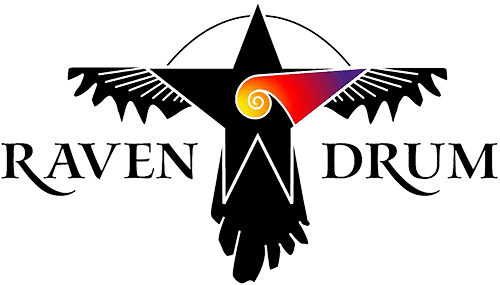By Lauren Monroe
At times in our life, our inspiration and connection to our purpose feels lost. The treadmill of life leaves us feeling dissatisfied. On the surface, life appears fine, but within, we feel a longing for more joy and fulfillment. We’re waiting, breath held, for that day when, at long last, we become who we feel we are meant to be.
Sometimes, another person ignites us: a friend or a lover or a child. Sometimes, a moment sets us on fire, and we find ourselves lit up like sparklers.
But we can’t rely on others to ignite us. We can’t entirely depend on our loved ones to activate us to become our most authentic selves. We can’t simply wish that lucky circumstances will align so that we can finally pursue our passions.
Sometimes, we have to be our own catalyst for change. We have to carve out our own path in order to have an impact.
The mission may be intimidating, but the rewards extend far beyond fulfilling your own purpose. When you consciously activate your power, you become an activator of others. Your power, your authenticity, encourages others and empowers them to do the same.
But it’s not easy in the modern era. Many of us feel deactivated by the state of the world. The problems seem so big that our normal power ratio feels inadequate to make a difference.
Over the next several weeks, I’m going to share four focus points that you can use to activate your internal power source and become a catalyst for change and compassion and personal growth. These focus points are: awareness, attention, acceptance, and action.
Today, I’m going to talk about the first focus point: awareness.
The first step in activating your power is cultivating a deeper awareness.
In any direction we turn, we’re bombarded by shiny objects that distract us from our heart’s calling: technology, long commutes, work, children’s schedules, food, entertainment, television. Even when we turn inward, a dozen or more voices gladly offer commentary throughout the day. Our critical mind, our emotions, the opinions of our mothers and fathers, our first grade teachers, the voices of our fears and of our longings may all be stakeholders in our daily thoughts and decisions.
Further inward, there’s a quieter voice: our intuitive voice. It can be so silent that we often don’t hear it at all, much less recognize it. It exists below our intellectual awareness. To hear it, we must allow our distractions to flow in and out of our awareness without hanging on to them as we listen intently, leaning in, calling to our intuitive voice to come out and meet us.
Awareness Activity
To prepare for this focus point activity, you will need a pen and notebook or journal. Find a quiet place where you can sit alone comfortably with few distractions. Try to choose a spot that you can revisit each day this month at the same time of day or night.
Once you’re settled in, begin breathing in a relaxing way and become aware of all that is around you. What do you hear? see? feel? smell? Use all of your senses to explore the external world around you and simply observe.
The point of this practice is to observe and let go of any thought, sound, feeling or image. Just noticing is sufficient, you don’t need to hang on to anything or spend time with the thoughts that may come to you in relation to what you’re experiencing. BREATHE.
Then, move inward. Focus your awareness on your body, your feelings and thoughts. How are you feeling? What are you thinking? What state are your emotions in? Let the experiences come into your awareness, notice them, breath and let them go on your exhale. Then move on to the next observation.
Finally, move further inward to focus on your intuitive voice and ask yourself a question that needs answering. It could be about a problem you have been thinking about, a conflict or worry. For example, maybe you find that you’re noticing pain in your body, or a worry or anxiety came up during your observations. You can ask, “Why am I feeling this pain?” or “Why am I so worried?”
Listen for that whispering intuitive voice. It may be barely audible at first. It may reveal itself as an image or a memory or a word. If you cannot perceive any answer at all the first day, keep at it. Finding your intuitive voice can be like training a muscle that you haven’t used in a long time.
Spend 10-15 in this place of awareness observing outside and inside and write down what you’ve observed in a notebook or journal that you can use each day for the next month.
Try as best as you can to practice everyday and record your observations.
We’ll be back next month to explore the second focus point: Attention.
Enjoy the Journey!

